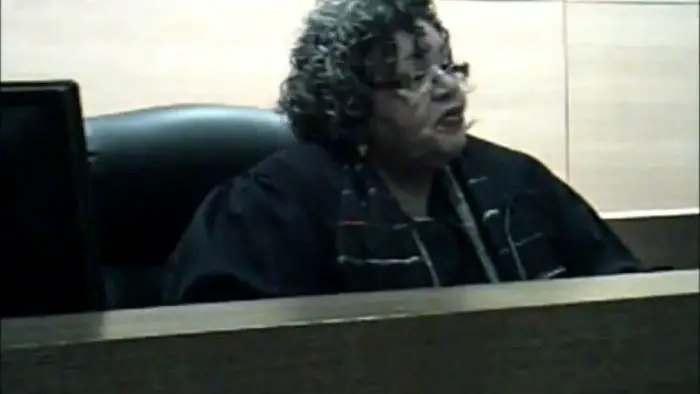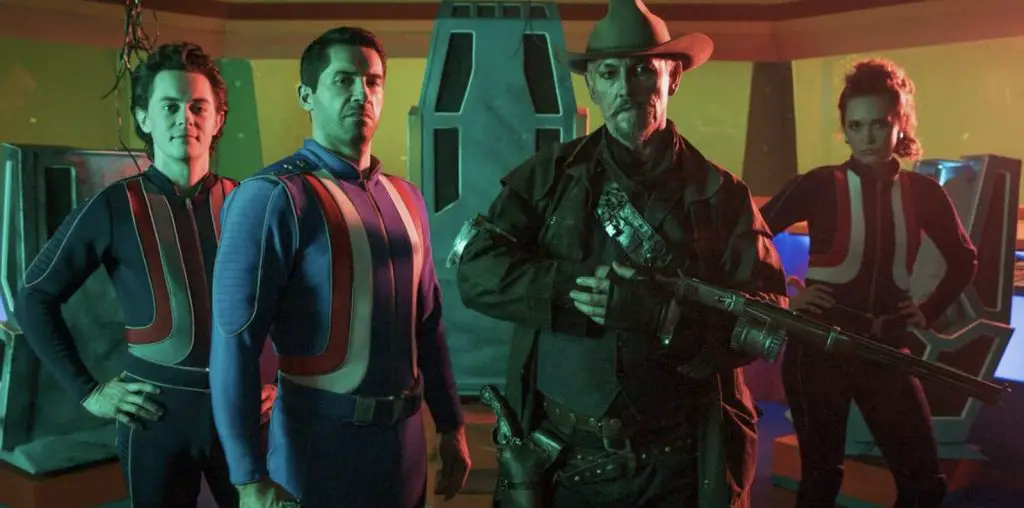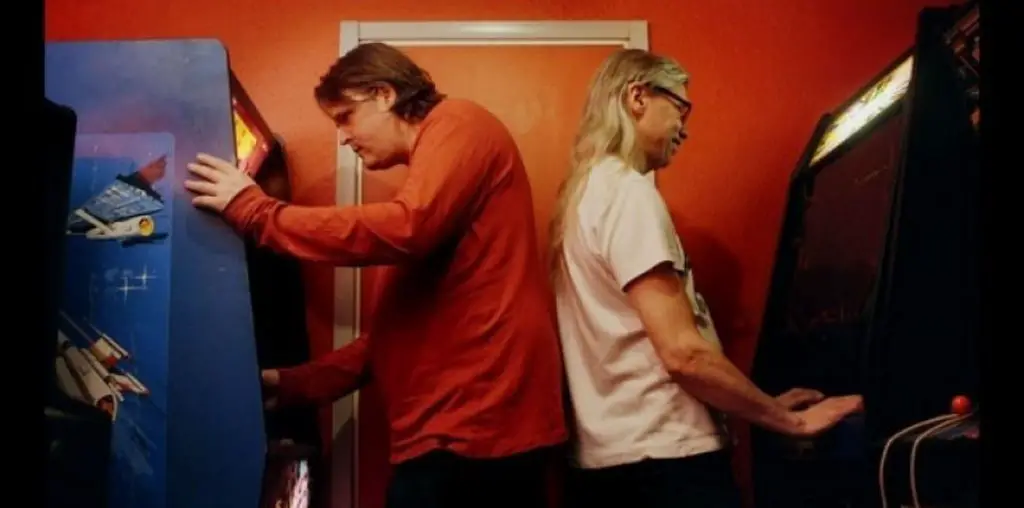
It’s a legal debate that often goes round and round in circles — this tension between personal responsibility and corporate liability. The topic is debated in Brian Valentine, Vincent Termini, and Marc Weisi’s short documentary, Hero or Not.
As background, Hero or Not is the product of The Yerwood Center in Connecticut. During its Y.E.S. Camp, students staged a mock trial, and that trial is presented here. The question at the center of the case is: what can go wrong when a love for video games goes too far?
Set in an actual courtroom and presided by Judge Worthington, Melody Eagles-Cartman and her son, Thomas, are suing Lawrence Croft, C.E.O. of Harmonix publishing, over the game Guitar Hero. Thomas was a promising pianist, but he loved playing Guitar Hero just as much as playing the piano.
Unfortunately, as a result of his obsession, he developed severe Carpel Tunnel Syndrome and will never be able to play the piano at a professional level. At the same time, mother Melody is a successful fashion designer and was rarely home to supervise her son and potentially prevent him from ruining his fingers.

“…developed severe Carpel Tunnel Syndrome and will never be able to play the piano at a professional level.”
The trial in Hero or Not is a scripted one, written by Bonnie Kim Campbell (who plays Judge Worthington). The students are assigned roles one would expect to see in a courtroom—jury, lawyers, defendants, plaintiffs, witnesses, and even the bailiff.
My biggest problem with the short is the sound. It was shot either with home video cameras or cellphones from the spectator section of the court, and much of the dialogue is impossible to hear. While attempts were made to enhance the sound, nothing worked. As a result, it is a struggle in the beginning to understand the basics of the trial.
When you watch Hero or Not, you are watching a student presentation and not precisely the quality of D.I.Y. indie filmmaking we generally review at Film Threat (but we’ll review anything). Also, outside of being set in an actual courtroom, the acting performances by the students feel scripted… yes, I understand they are not professional actors.
Campbell’s script aptly presents both sides considering Harmonix designed their game to be “addictive,” while at the same time Thomas was not being supervised by his mother. The facts presented are in basic bullet points on the issue; Film Threat readers usually want more depth to the argument… maybe drill down a level or two. The ending is left open, allowing you to decide who is right and wrong.

"…tension between personal responsibility and corporate liability."


